Force and mind are opposites; morality ends where a gun begins
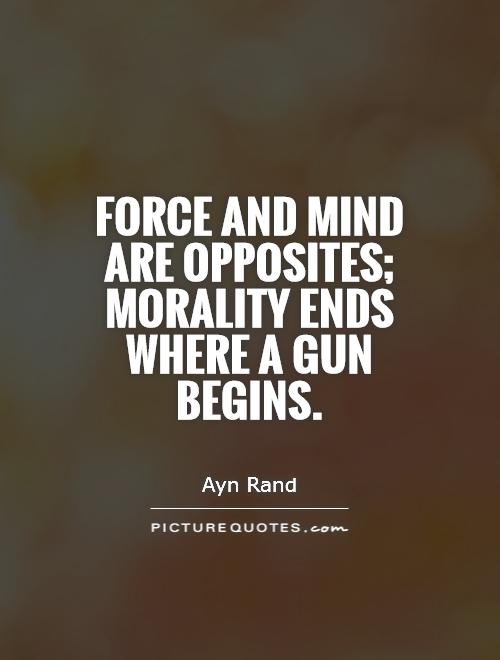
Force and mind are opposites; morality ends where a gun begins
Ayn Rand, a prominent philosopher and novelist, is known for her advocacy of individualism and rational self-interest. In her works, she often explores the relationship between force, mind, and morality. One of her most famous quotes, "Force and mind are opposites; morality ends where a gun begins," encapsulates her belief that the use of force is antithetical to the exercise of reason and morality.Rand believed that force, whether physical or psychological, is a tool of the irrational and the immoral. It is a means of imposing one's will on others without their consent, thereby violating their rights and autonomy. In Rand's philosophy of Objectivism, the use of force is seen as a negation of individual freedom and a betrayal of one's rational nature.
On the other hand, the mind represents the faculty of reason, which is the source of human knowledge and morality. According to Rand, individuals should use their minds to think independently, make rational choices, and pursue their own happiness. Morality, in Rand's view, is based on the principle of rational self-interest, which entails respecting the rights of others and engaging in voluntary, mutually beneficial interactions.
The quote "Force and mind are opposites; morality ends where a gun begins" underscores the fundamental conflict between reason and force, and between morality and coercion. Rand believed that the initiation of force is always wrong, as it undermines the rational and voluntary nature of human relationships. When a gun is introduced into a situation, it signifies the abandonment of reason and the resort to brute force to achieve one's goals.

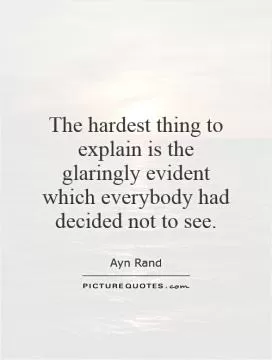
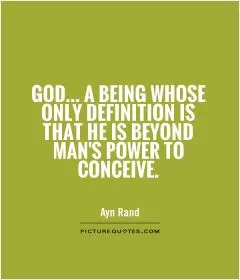
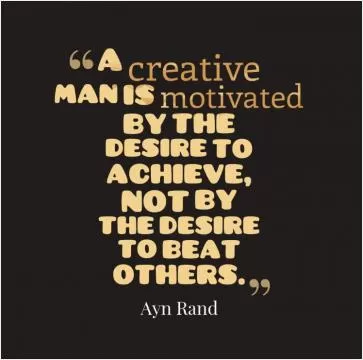
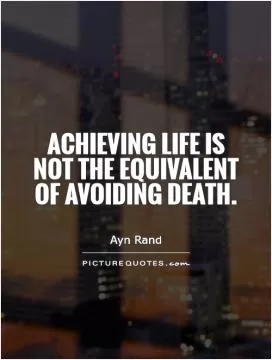
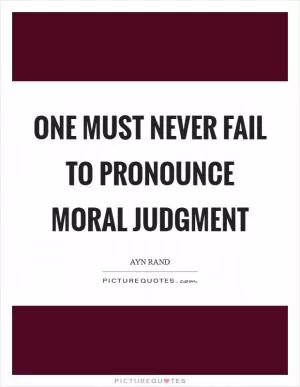

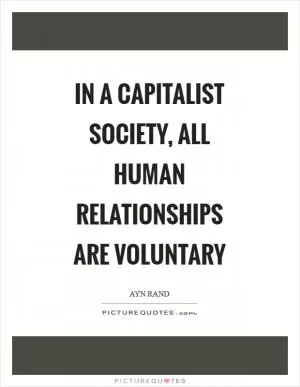
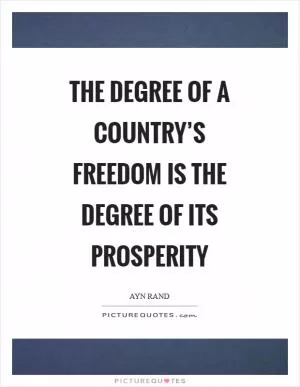
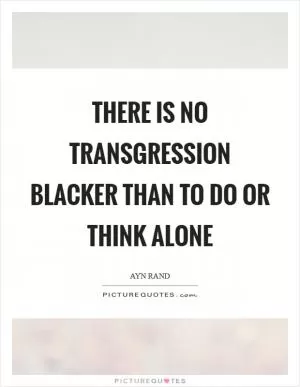
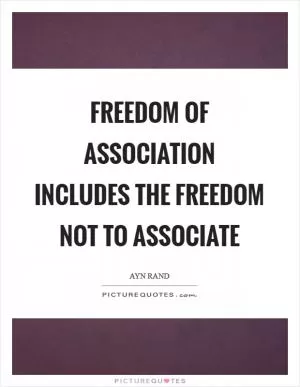

 Friendship Quotes
Friendship Quotes Love Quotes
Love Quotes Life Quotes
Life Quotes Funny Quotes
Funny Quotes Motivational Quotes
Motivational Quotes Inspirational Quotes
Inspirational Quotes